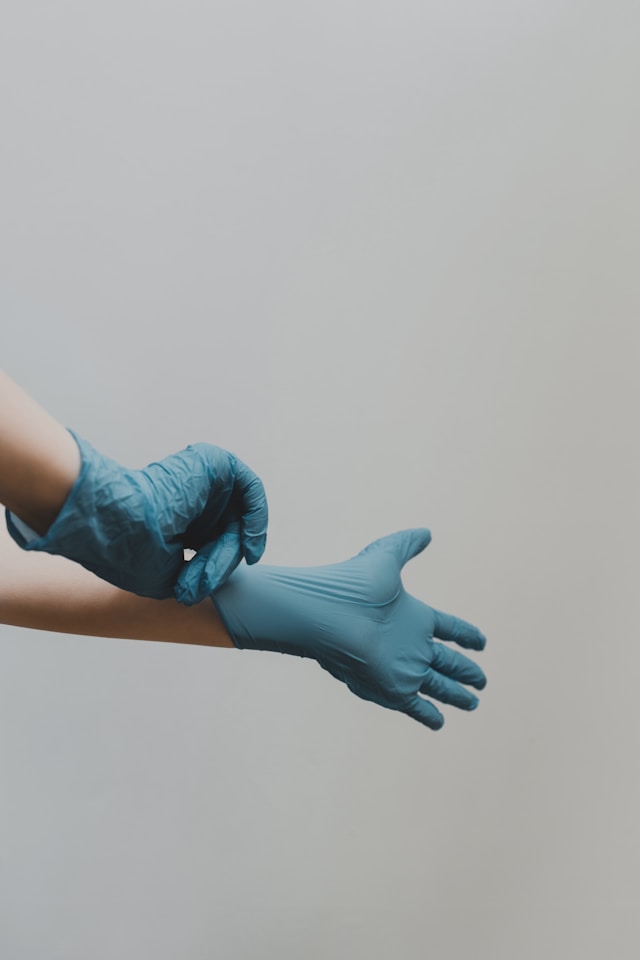In 2024, a total of 15,158 people in Austria applied for the Medical Acceptance Test, known for short at “MedAT”. On average, though, just one-in-eight is offered a degree place. Those who are able to come through against such tough competition can expect to be confronted by the so-called “Clinical Practical Year” (KPJ) in the final section of their degree. In theory, this forms the transition from academic training to practical medical activity. It enables those studying to apply and deepen their theoretical skills in practice, under the supervision of experienced doctors. The reality, however, often looks very different.
What actually is the Clinical Practical Year (KPJ)?
In the third section of their degree, the Clinical Practical Year (KPJ), students of human medicine work as active team members in patient care in one of the numerous teaching hospitals, at home and abroad. Examples of these teaching hospitals include State Hospital University Clinic Graz, Hietzing Clinic in Vienna, and Neunkirchen State Clinic. There, students are meant to deepen the specialist knowledge and practical skills they have already learned.

The KPJ lasts 48 weeks in total. During this time, those studying are active in various specialist areas of a hospital, in an effort to gather a wide spectrum of clinical experiences. The Clinical Practical Year is also subdivided into three sections (“tertials”) of 16 weeks each. Typically, the categorisation is as follows: Internal Medicine, Surgery, as well as one other specialist sector chosen by the student (e.g. Paediatric Medicine, Psychiatry, General Medicine, etc.).
Students are fully integrated into everyday clinical life, and work under the supervision of experienced doctors. Their tasks include participating in visits, providing support on diagnostic and therapeutic measures and collaborating on patient provision. These experiences are indispensable, and prepare the students for their future role as doctors. Despite this, it is well-known that conditions during the KPJ are often far from ideal. This relates, amongst other things, to working hours, compensation and sometimes even the working conditions themselves.
High workload, low pay

For years now, the Vienna General Medical Council (Wiener Ärztekammer) and Austrian Student Union (Österreichische Hochschülerschaft) have been demanding reasonable payment for the Clinical Practical Year. Initially, the students received a minimal allowance of just 650 euros a month gross for the hours (550 euros net) for an (official) working week of 35 hours. In practice, however, doctors often work anything up to 50 hours. Last year, the allowance was finally increased to 900 euros gross: “For us, the increase in the allowance is a first step in the right direction. Longer term, however, we are striving to achieve a further raise”, explains Johanna Brehmer, Chair of the Austrian Student Union at Med Graz.
Vienna Medical Council is not satisfied with this figure either. Here’s how Bernhard Schönthoner, Chair of the Intern Department of Vienna Medical Council, explains it: “As the Vienna Medical Council, we welcome the increase in the KPJ allowance, but at the same time, would like to renew our demand for 1,700 euros gross. It is evidence of incapacity that the allowance continues to lie below the legal minimum insurance”. And there’s no time for a second job to earn some extra money alongside the one-year full-time internship and unofficial overtime, as the extra stress leads to excessive tiredness, and could significantly impact the quality of patient care.
The payments are based on a voluntary agreement of the hospitals, however; there is no obligation to payment of a minimum allowance. As well as this, although the students are registered as employees with the social insurance providers and have to pay health insurance contributions, under the University Law they have no formal working relationship with the hospitals. As a result, they lose the standard protective measures under employment law. There’s no claim to health leave or holiday; they are only permitted ten “days of absence” every four months.
If the students drop out due to illness, their pay is reduced accordingly by the cost of the support service the following month. If the tolerated missing time is exceeded, moreover, there is no automatic extension to the KPJ module. This means that those students who have days of absence due to illness do not simply receive additional time to complete their training. Instead, they have to reschedule the module, which can mean costs, delays and difficulties. In other words: If you’re ill too often during this period, it’s your problem. Overall, that can lead to a situation whereby the students see themselves as forced to be present, despite illness or financial losses, and accept the delays.
Translated by Tim Lywood
#Ausbeutung #Medizinstudium #AusbeutungimMedizinstudium #ModerneAusbeutug #AgainstHumanTrafficking #GegenMenschenhandel #EndExploitation #EndTrafficking #HopeForTheFuture #Österreich
